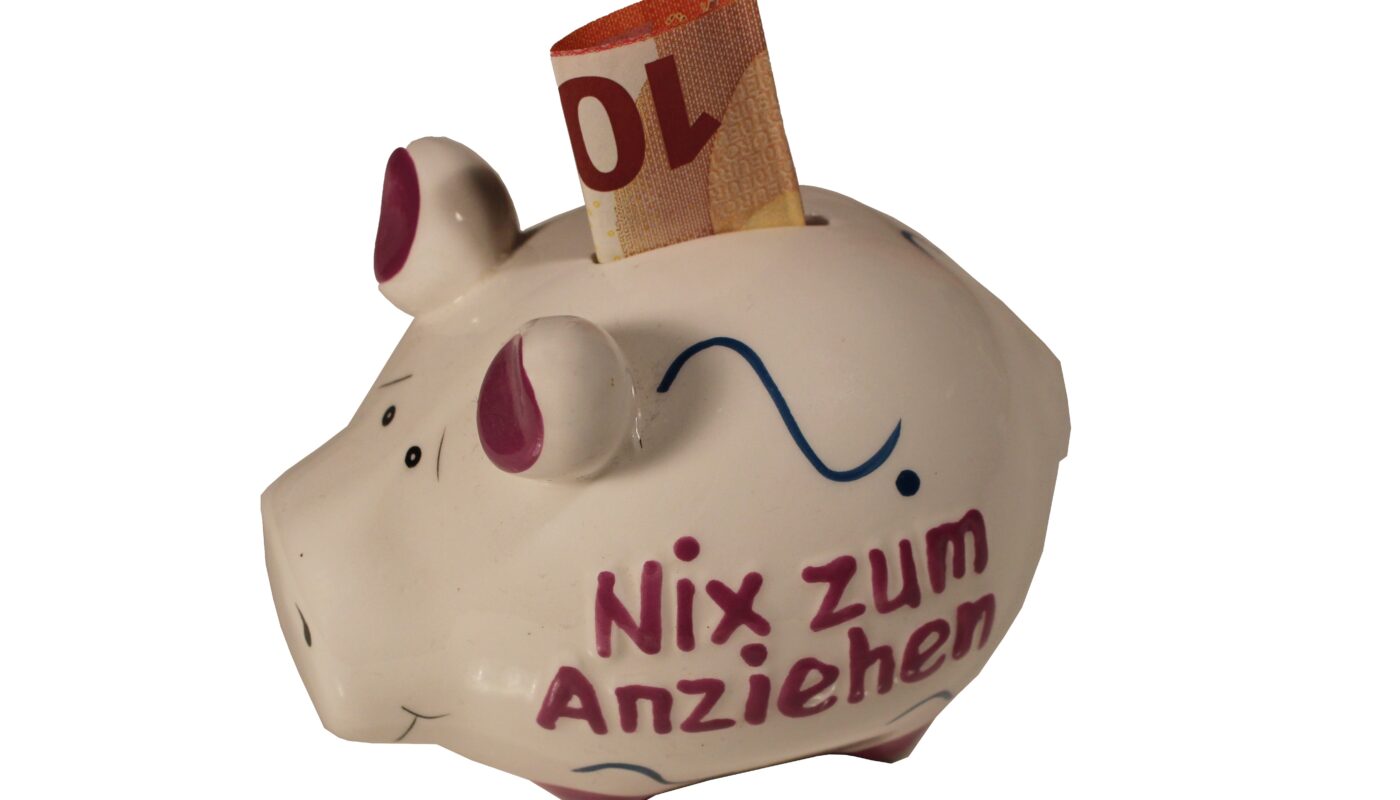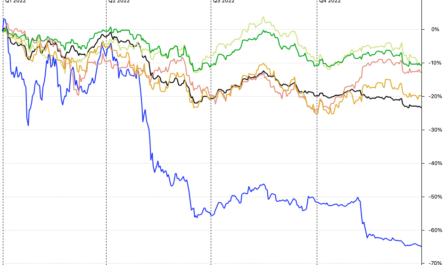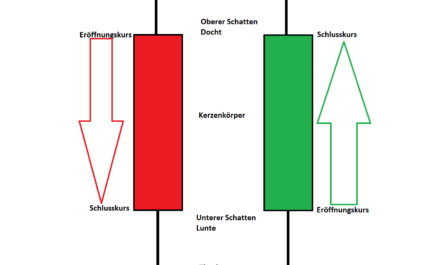After deducting all social security contributions and taxes, I was left with exactly 161.34 euros net from my last salary adjustment of 300 euros gross. What may seem quite little at first, and may even have been eaten up in view of growing inflation, nevertheless has great significance for me. For me, the salary adjustment is worth several hundred thousand euros, because I will invest it month after month on the stock market for the long term and thus increase it substantially over the decades.
Salary adjustments can be a huge lever in long-term wealth accumulation. While the majority of people who receive a salary increase are likely to use it to raise their standard of living, for example by renting a larger apartment or buying a new car, I try to use every salary adjustment for myself and put as much of it as possible into my portfolio as an additional savings installment.
In the long term, I try to save at least 50% of each increase in addition. This way, I increase my monthly savings rate and can consume more with the other half at the same time; after all, I have more money available anyway due to the salary increase. Since no major purchases were pending and the move to a larger apartment has already been completed, I used my last salary adjustment entirely to increase my deposit. The additional 161.34 euros will earn me quite a bit of money in the long run.
Supposedly small sums become large
After just five years, this salary adjustment will amount to a final total of 11,551.69 euros at an annual return of 7% – which corresponded to the average return of the MSCI World. By then, however, I will only have paid in just under 9,700 euros. After ten years, the compound interest effect is already noticeable, because although the deposits have doubled, the profit has more than doubled and accumulated from about 1,830 euros to over 8,000 euros.
If I were to play this little game until the provisional end of my working life and thus until the age of 67, I would have paid in not quite 68,000 euros after these 35 or so remaining years, but I would have accumulated a proud 277,680.69 euros through the monthly savings installments alone. The profit has increased exponentially over the decades.
| Investment horizon | Monthly savings | Deposits | Final capital |
|---|---|---|---|
| 5 years | 161,34,- | 9.680,40,- | 11.551,69,- |
| 10 years | 161,34,- | 19.360,80,- | 27.753,53,- |
| 15 years | 161,34,- | 29.041,20,- | 50.477,44,- |
| 20 years | 161,34,- | 38.721,60,- | 82.348,91,- |
| 25 years | 161,34,- | 48.402,00,- | 127.050,30,- |
| 30 years | 161,34,- | 58.082,40,- | 189.736,30,- |
| 35 years | 161,34,- | 67.762,80,- | 277.680,69,- |
My plan
My plan will probably end up somewhere in between. I don’t necessarily plan to work until I officially retire, making all the rounds on the hamster wheel. I want to have the luxury of leaving the workforce earlier to bring more time to spend with my family. However, I may also take a sabbatical or two abroad, or switch completely to self-employment in a few years. Then I will be able to completely determine my time anyway. Sure, there will be some deadlines, but with a little money behind me, the pressure won’t be quite as high. For younger readers, I recommend amassing 100,000 euros as quickly as possible.
Keyfacts
- every salary adjustment should be saved additionally
- … at least in parts
- this way deposits and returns are continuously increased
- even small sums can become considerably larger over the decades






